Unmasking the Truth: Recent Reports Reveal Deception Amidst Food Theft Allegation in Tigray.
Recent revelations debunk disinformation in the wake of the northern Ethiopia Tigray conflict, unveiling a complex web of manipulation while reaffirming unwavering humanitarian principles in the region. The truth prevails.

Bana Negusse
5 September 2023
Like all conflicts, the one that raged in northern Ethiopia from 2020-2022 was fought both on the ground and along the information front. Within the latter battle, a recurring, ever-present element was disinformation. In fact, disinformation emerged and remained as central and dominant since the very beginning of the conflict. Mere hours after the Tigray People’s Liberation Front (TPLF) initiated the conflict with its unprovoked November 2020 attack on Ethiopia’s northern command outposts, the group’s supporters launched the #TigrayGenocide hashtag campaign.
While there were numerous examples of disinformation throughout the duration of the devastating conflict, one of the most widespread and persistent revolved around the alleged theft of food and the use of starvation as a weapon of war, based on anonymous and dubious sources or falsehoods spread by the TPLF’s vast network of members, supporters, and well-remunerated sympathizers and lobbyists, Western news outlets claimed that Eritrean soldiers were “blocking and looting food aid” in the Tigray Region of Ethiopia.
Of course, anyone possessing even a scintilla of understanding or knowledge about Eritrea and the region’s general history would have quickly grasped that the allegations were absolutely preposterous and devoid of any truth. An exclusive report has emerged, shedding further light on the issue. In the recently published article, “Rot is So Much Deeper,” released by Devex, a social enterprise and media platform for the global development community, a series of revelations cast fresh doubt on the original allegations, suggesting that food aid theft has actually been a deeply-rooted systemic problem in Ethiopia, and ultimately provide more evidence buttressing what is already common knowledge in the region: aid theft and manipulation are the modus operandi of the TPLF.
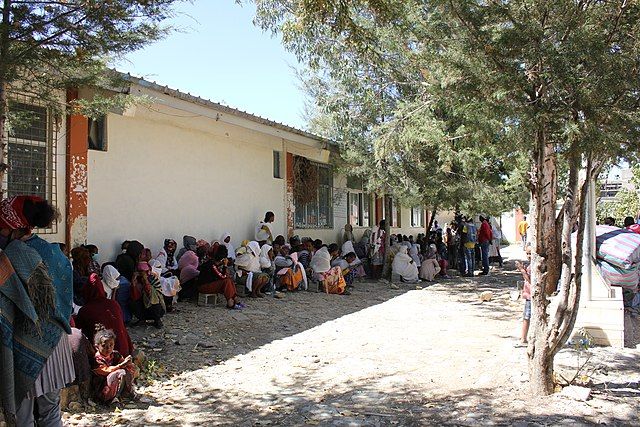
A recent exclusive report sheds critical light.
The recent revelations come amidst the wide-ranging food aid theft scandal that resulted in the shutdown of the UN’s massive Ethiopian food aid operations earlier this year. The halt began in March after international organizations uncovered widespread theft of food assistance across the Tigray Region of Ethiopia – which was under the firm control of TPLF officials and forces. Some key highlights include:
- David Del Conte, who served as the deputy country director for the UN Office for the Coordination of Humanitarian Affairs in Ethiopia from 2012 to 2016, years when Ethiopia was directly under the firm grip of TPLF rule, declared: “If we’re going to unpack aid diversion, we have to start at the beginning. The denial of relief assistance, and the manipulation of relief assistance, is very much entrenched in the Ethiopian experience.” Moreover, “This became very entrenched in Ethiopian folklore: that humanitarian assistance is part and parcel of the war machine.”
- Multiple individuals said that the manipulation of humanitarian aid has long been the norm in Ethiopia, which the TPLF ruled for three decades, and that over time, the aid community, donor countries, and diplomats began to accept that this is how things work in the country.
- For years, many international agencies in Ethiopia distributed food and assistance based on the government's lists, helping the government use its control over aid distribution to manipulate and control the population.
- During the recent conflict, aid deliveries by the UN were contracted to an outside agency with close links to the TPLF, which was at the time waging a massive war on neighboring regions and countries. (Of course, it was already widely known that the TPLF commandeered thousands of food aid trucks [from the World Food Programme] for its war efforts rather than sending them back to bring more food aid for the needy. At the time, officials from international organizations stated:
“The TPLF, every town they have gone into, they have looted the warehouses, looted the trucks, they have caused a great deal of destruction of the villages they visited, and it’s of great concern for humanitarians. Humanitarians have fled for their lives. I do believe that TPLF has been very opportunistic. Maybe they have been stealing from citizens; we don’t have proof of this, of course. What we do have proof of is that several of our warehouses have been looted and completely emptied in the areas, particularly Amhara, where the TPLF soldiers have gone into. Yes, we know that that is a fact.”
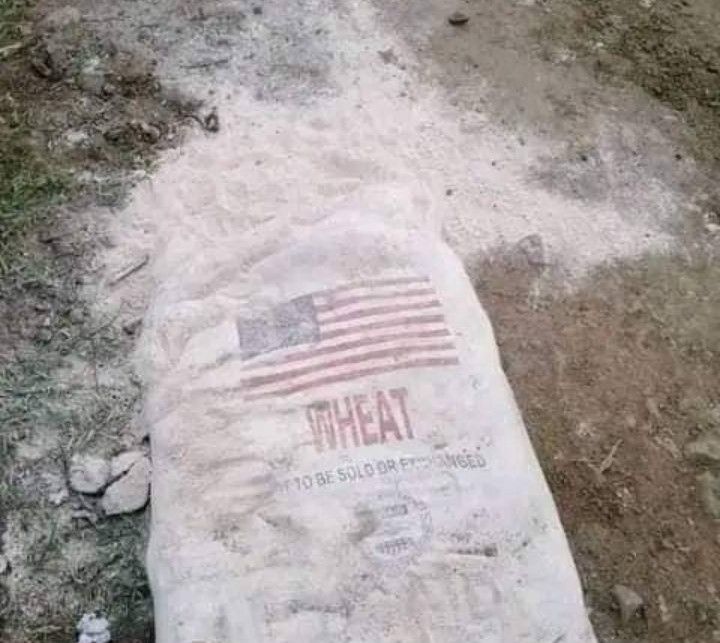
The historical record is clear.
Regarding Eritrea, although more information has now come to light about the issue, the original raft of allegations raised against it have not been subjected to any follow-up retraction, clarification, or correction. This is quite telling – both in terms of the toxic agenda waged against the country and the extremely poor level of journalistic practice in the region – and worthy of its own serious investigation.
Nevertheless, the historical record is clear: Eritrea boasts a long, proud, principled record of humanitarian assistance toward civilians or prisoners in battle. For instance, from its outset and through the duration of the long independence struggle, the Eritrean People’s Liberation Front (EPLF) delineated battle lines in unequivocal political terms and went to extensive lengths to stress – in all its publications, radio programs, and seminars – that its fight was against occupation and not the Ethiopian people. Keen as it was to establish enduring ties of friendship and good neighborliness with Ethiopia in the post-independence period, the EPLF was also earnestly engaged in cultivating principled, forward-looking ties of cooperation and solidarity with Ethiopian opposition movements.
Also, when the EPLF captured tens of thousands of Ethiopian prisoners of war (POW) in the massive battles that raged during the 30-year struggle for independence, it treated all of them humanely, irrespective of their rank and other particular distinctions. Not only did the POWs have access to education, healthcare, and sport during the height of famines and droughts of biblical proportions that unfolded in the 1980s, but the EPLF even provided them with greater rations of food – nearly double the calories – than its own fighters. In the words of one international journalist who visited the field, the EPLF’s treatment of POWs was “exemplary.” Although the EPLF was not a formal signatory of the Geneva Conventions on humanitarian rules of war, it adhered strictly – out of its own conviction and principle rather than due to contractual obligations – to all the provisions of the Convention.
This principled, proud record of engagement, humanitarian principles, and support was continued in Eritrea’s post-independence period. During the height of the vicious border war with TPLF-led Ethiopia in 1999, Eritrea gave its unconditional permission and consent to deliver emergency food aid to Ethiopia to alleviate a severe humanitarian crisis. Several years later, in late 2002, with millions of Ethiopians suffering in famine or near-famine conditions and notwithstanding the lingering tense, hostile relations between the countries, Eritrea again offered the use of its ports to deliver international humanitarian relief to Ethiopia. As government officials put it at the time, Eritrea is
“Conscious of its humanitarian obligations in the midst of a humanitarian crisis of huge proportions.”
Quite tellingly, on both occasions, the TPLF rejected the humanitarian initiatives and gestures of goodwill that would have supported millions of hungry Ethiopians. (It is also worth noting that by rejecting the international-backed relief proposals, the TPLF gained significant financial benefits from the increased THS payments that arose for the longer routes taken through Djibouti. All the while, millions of its own people were forced to continue suffering.
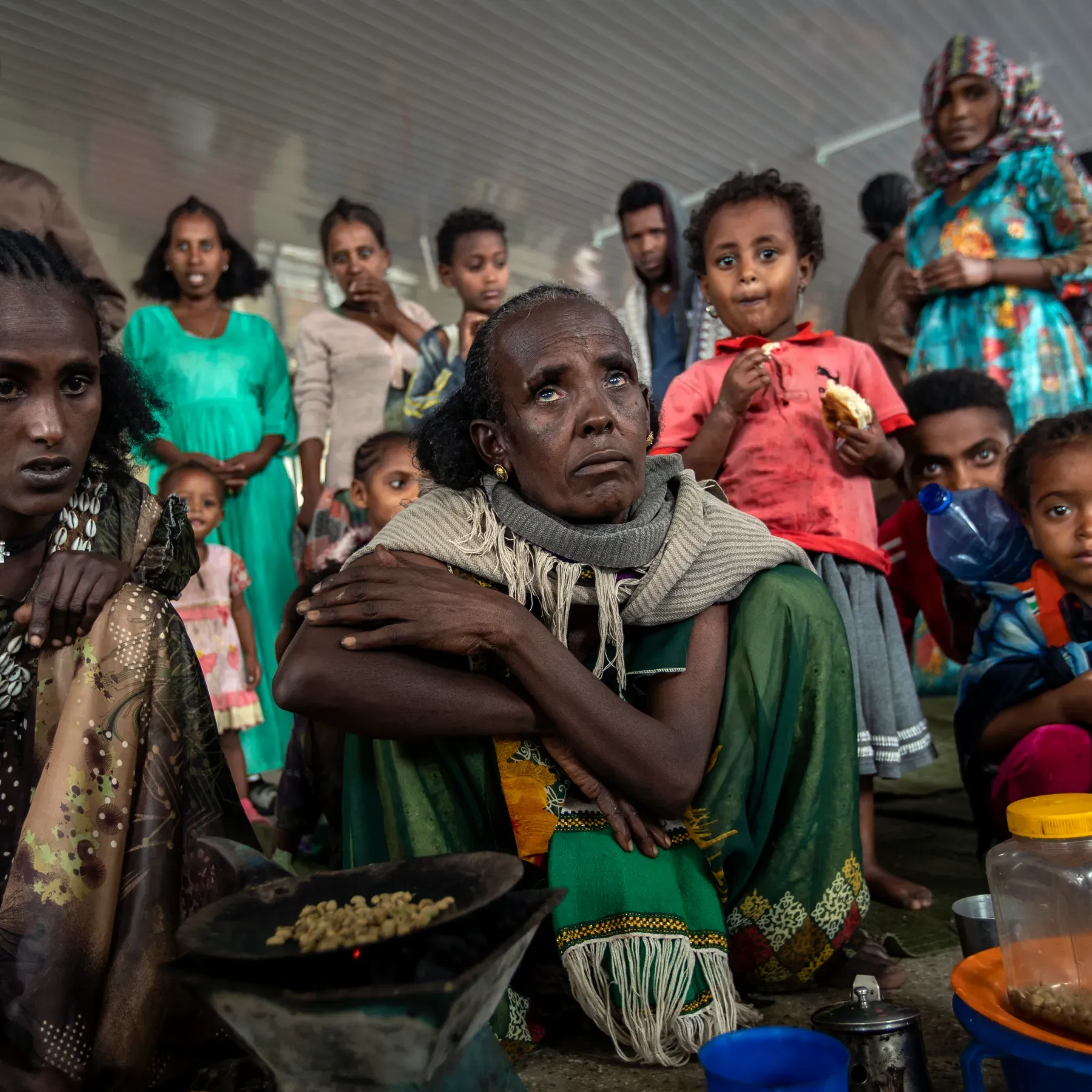
Although it can be hidden and suppressed for a time, the truth always emerges!
The original false allegations about “blocking and looting food aid” sought to obscure the TPLF’s high culpability in instigating the conflict and scapegoat Eritrea. However, as illustrated by the recent exclusive report, the reality is that while it is possible to hide and suppress the truth, it always emerges.
Please support Nefasitpost.com by donating and subscribing.
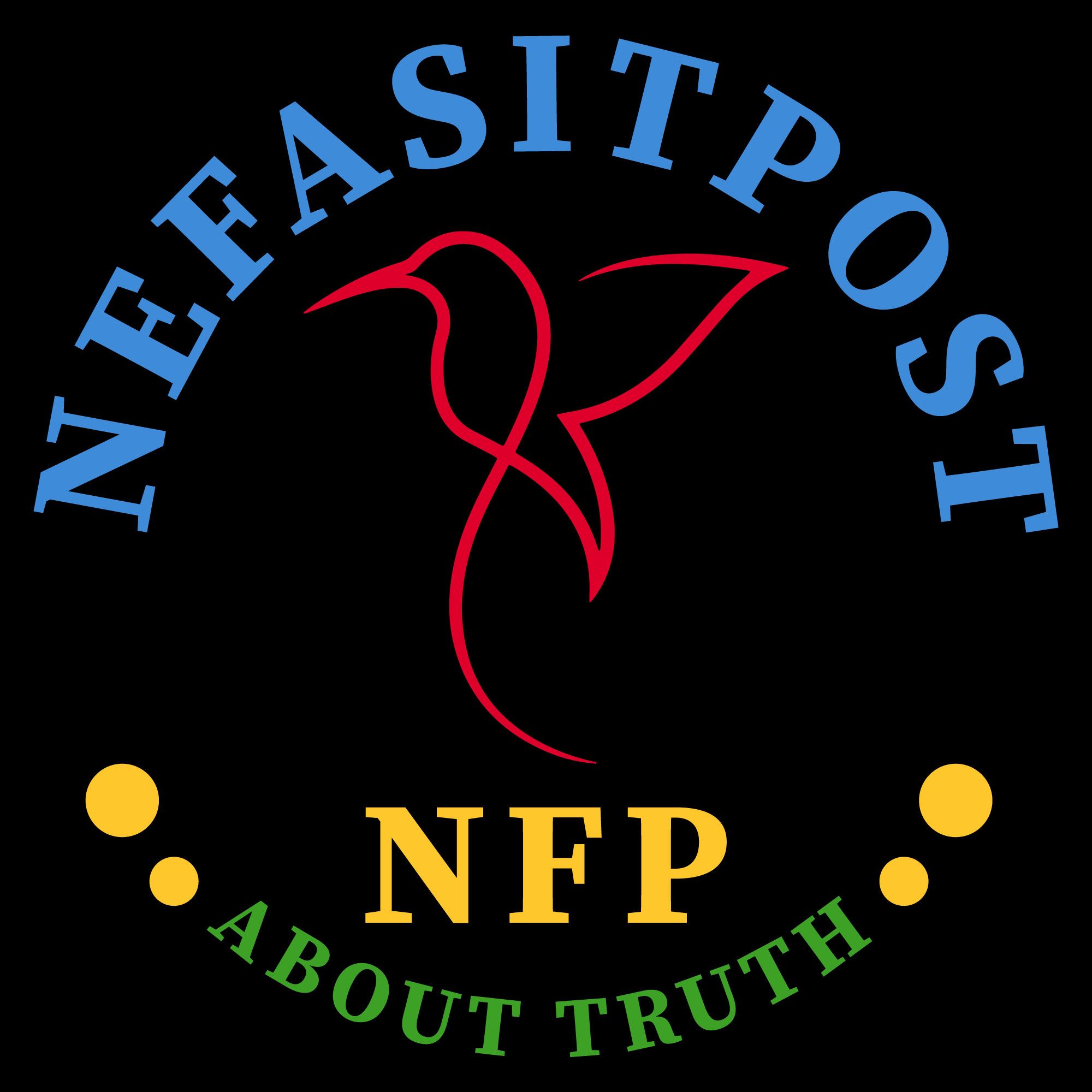
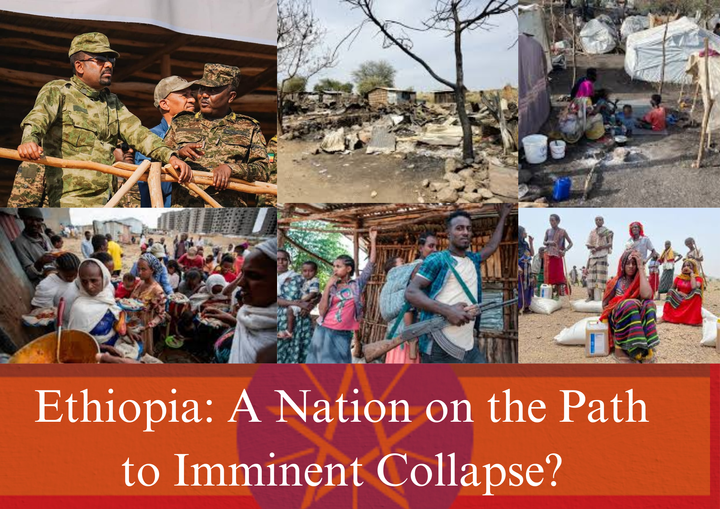
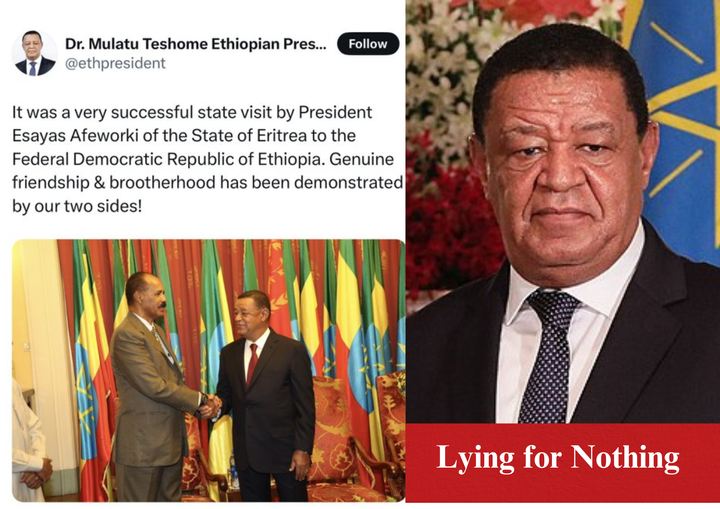
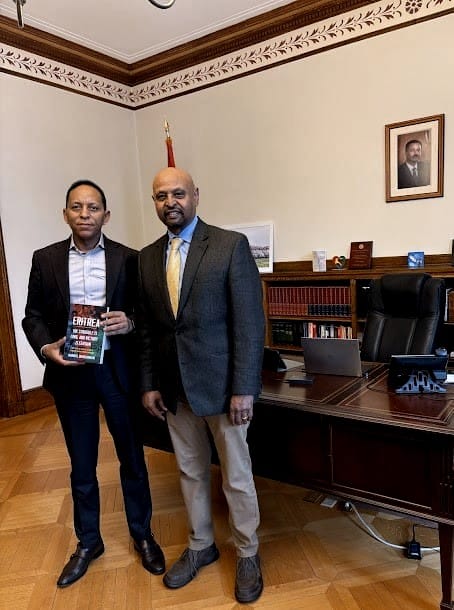
Comments ()